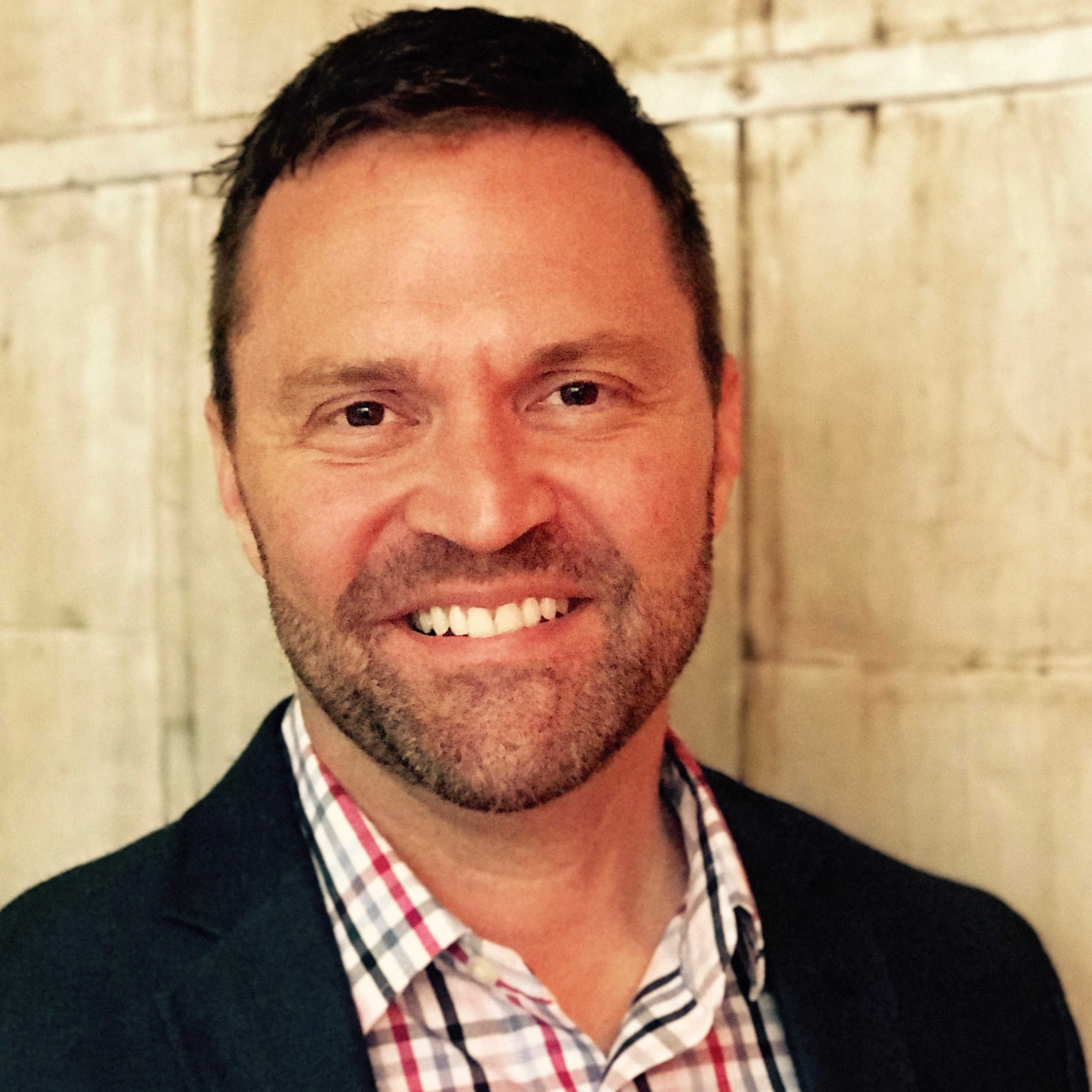
The Real Cost of Free Founder Communities: Why 72% of Entrepreneurs Are Wasting Valuable Time
The Community Trap Most Founders Fall Into
Look, I get it.
You're scrolling through LinkedIn, and another founder invites you to join their "exclusive" Discord. Or maybe it's a Slack group. Or a Facebook community. Whatever the platform, the promise is the same:
Connect with fellow entrepreneurs! Share insights! Network with investors! All for free!
And so, like most of us, you join. And join. And join again.
Before you know it, you're in seven different "founder communities" that consume hours of your week—but deliver shockingly little in return.
The Quantifiable Cost of "Free" Communities
Let's talk real numbers about what's happening when you spend your precious time in these spaces:
The average founder spends 7.5 hours weekly across multiple free communities. For early-stage founders (those making $5-15K MRR), this translates to approximately $1,200 in lost potential revenue monthly.
Think about that figure for a moment.
Every minute spent scrolling through generic advice threads is a minute not spent on:
- Refining your product
- Talking to actual customers
- Creating systems that will scale your business
- Building relationships that truly move the needle
Research reveals that 72% of founders can't identify a single concrete business improvement from their last month in free communities. Yet we continue investing precious time in these spaces, hoping for different results.
This isn't just inefficiency—it's a trap that keeps you busy without making you effective.
Three Critical Flaws in Most Founder Communities
After years building my own startup and observing hundreds of others, I've identified three fundamental problems that plague virtually every free founder community:
1. Surface-Level Advice
Free communities generate endless variations of "hustle harder" mantras without providing implementable frameworks. You'll find plenty of inspirational quotes, but very few actionable systems you can apply to your specific business challenges.
Recent studies of founder learning patterns show that implementation, not information, is the primary predictor of startup success. Yet most communities focus exclusively on sharing information without structured implementation support.
2. Misaligned Experiences
Most free spaces throw together pre-revenue founders with scaling companies, creating fundamentally misaligned discussions. A founder dealing with product-market fit has entirely different needs than someone preparing for Series A.
Research from startup accelerators demonstrates that peer learning is most effective when founders are at similar growth stages with comparable challenges. Mixed-stage communities dilute the relevance of conversations for everyone involved.
3. Absence of Structured Accountability
Without systems, good intentions rarely translate to execution. As one founder recently shared with me: "I got plenty of advice in free communities, but nobody followed up to see if I implemented it or if it worked."
Accountability structures have been shown to increase implementation rates by 95% compared to information-only environments. Yet most free communities offer no formal accountability mechanisms.
The Framework for Community Selection
The most successful founders I've worked with follow three principles when selecting communities:
1. Stage-Specific Guidance
They seek spaces curated for their specific revenue and team size challenges. A founding team with 2 people and $10K MRR faces completely different challenges than a team of 15 people with $80K MRR.
2. Implementation Focus
They prioritize communities that emphasize execution over theory. Great communities provide frameworks, templates, and systems—not just opinions.
3. Expert Facilitation
They look for leaders who've navigated their current growth phase successfully. The value of learning from someone who's just a few steps ahead of you (rather than miles away) cannot be overstated.
A Case Study in Community Transformation
Let me share a quick story about Sarah, a BUILD-stage SaaS founder who was previously active in seven different founder groups.
Before joining StartupStage, she was spending 9+ hours weekly across these various communities with minimal returns. After implementing our Foundation Framework and focusing on one high-quality community:
- She reduced her community time by 70%
- Implemented a structured sales process that increased conversion by 28%
- Leveraged specific expertise to optimize her pricing strategy
- Generated a 42% increase in MRR within 90 days
The difference? Moving from scattered conversations to structured implementation within a community designed for her specific growth stage.
The Hard Questions Every Founder Needs to Ask
Here's where I want you to pause and reflect for a moment:
Am I truly getting what I need from these free communities I'm involved in?
Be brutally honest with yourself. When was the last time you implemented something from one of these groups that meaningfully moved your business forward?
If you're struggling to come up with a clear answer, you're not alone. Most founders are trapped in an endless cycle of consumption without implementation.
And the follow-up question that's even more important:
Why would I not try a founder-built and founder-led community that exists specifically to help founders learn about what they don't know and succeed where 95% don't?
This isn't just about joining another group. It's about making a strategic decision to invest in a community that's engineered for founder success—not just engagement metrics.
The Community Audit Challenge
This week, I challenge you to evaluate your current community investments:
- List each community you actively participate in
- Note specific, measurable outcomes from each in the past 30 days
- Calculate your weekly time investment per community
- Determine which deliver genuine ROI versus those draining your limited bandwidth
For founders ready to shift from scattered advice to structured scaling, we've built something different at StartupStage. A community where expert guidance meets implementation support, specifically tailored to your growth stage.
Start scaling your startup with purpose for free here →
It's time to stop wasting hours in spaces that keep you busy but not effective. Join a community built by founders, for founders, with the sole purpose of helping you beat the 95% failure rate.
Your future self will thank you.
Frequently Asked Questions
Q: Aren't all communities basically the same?
A: Research demonstrates substantial differences in founder outcomes based on community structure. Communities with implementation frameworks produce 3.7x better results than discussion-only communities.
Q: Can't I just get value from multiple free communities?
A: The primary issue isn't cost—it's focus and implementation. Each additional community exponentially increases context-switching costs and decreases implementation probability.
Q: How do I know if a community is right for my stage?
A: Look for communities that explicitly state what stage they serve, provide clear structure for implementation, and have facilitators who've recently overcome challenges similar to yours.
Q: What makes StartupStage different from other founder communities?
A: Three key differences: 1) Stage-specific membership tiers (BUILD, LAUNCH, SCALE), 2) Structured implementation methodology via the Foundation Framework, and 3) Fractional executive access without equity sacrifice.
founder community ROI, startup community effectiveness, entrepreneur time management, founder implementation framework, startup accountability, founder-led community, StartupStage Founders Circle, structured growth community, stage-specific founder community
